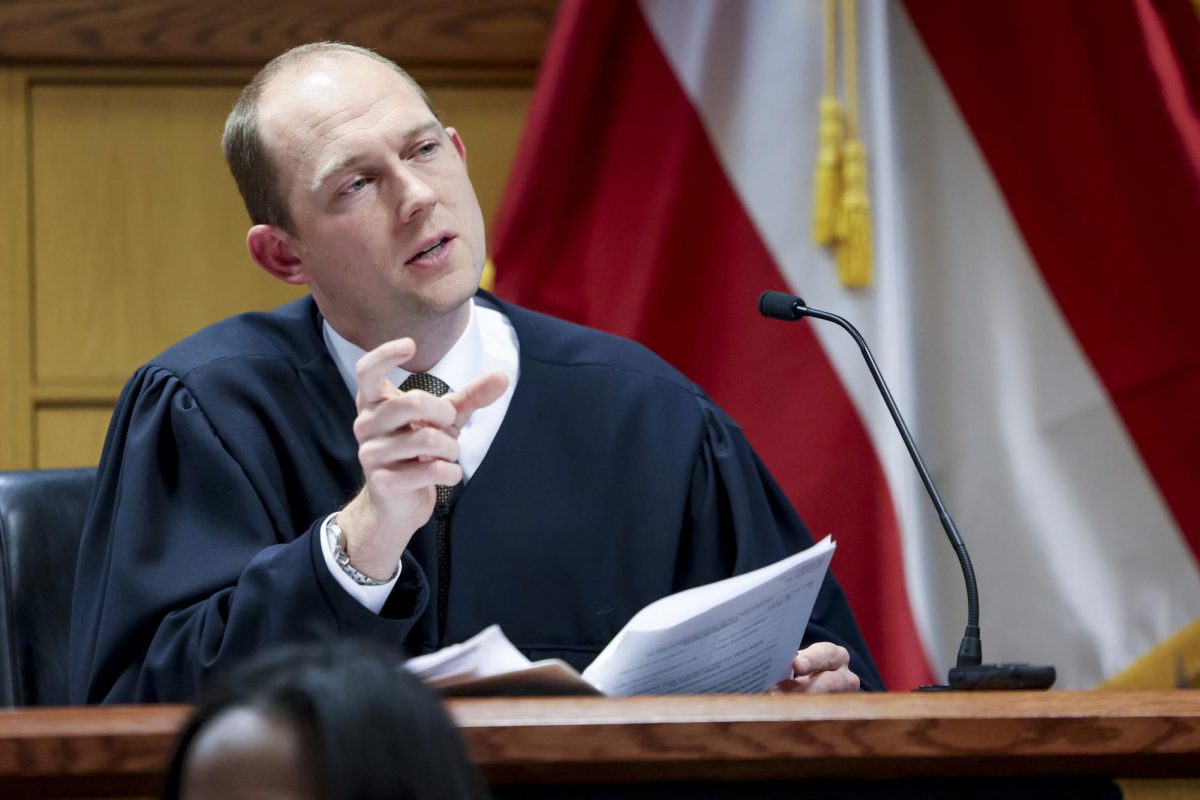Mesa College was treated to a crash course in constitutional law through the “Know Your Rights” presentation on March 12, put on by the San Diego Public Defender’s Office.
The three presenters – Lillian Phelan, Greyson Rose, and Sarah Early – are all currently employed as public defenders in San Diego County (with Phelan working in juvenile defense). The presentation was geared towards future law students, as well as anyone who wants to broaden their knowledge about the constitutional rights afforded to all American citizens. Of these rights, three important ones were detailed: the right to remain silent, freedom from unreasonable search/seizure, and the right to petition and protest.
**
If and when an individual comes into contact with law enforcement, it is important to remember that it is never required to speak to police. Thanks to the Miranda v. Arizona decision of 1966, each and every person has the right to remain silent and to request an attorney when arrested or otherwise confronted by law enforcement. The presenters recommended the following statement, to be repeated as many times as needed: “I invoke my right ro remain silent, I will not speak until an attorney is present.” It also helps to ask for the clarification, “Am I being detained or am I free to go?”
Phelan also pointed out that youths/juveniles MUST be represented, as well as having their parents contacted right away when involved with law enforcement.
**
Every citizen is also free from unreasonable search and seizure; none may take place without prior consent from the subject of the investigation, a search warrant issued by a judge, or a legal exemption from said warrant. If approached by law enforcement and asked for a search or seizure of property, first ask “Do you have a warrant?” If no warrant is presented, it is perfectly legal to say “I do not consent to this search,” loud and proud! However, officers may perform a search or seizure if a hazardous item is within sight of the officer or the public (known as the plain view doctrine), or if there is obvious evidence that a weapon is on one’s person (known as a Terry stop). Certain exceptions may apply, such as an inventory search, hot pursuit, search incident to arrest, or other such exigent circumstances.
**
Anyone and everyone has the right to protest and advocate for change within their communities. No police officer can arrest or detain anyone for a peaceful protest, as long as no disruption is taking place. If a protest is taking place in the middle of a busy street and blocking traffic, then it may be broken up. It is important to note, however, that undocumented individuals may have much more to risk when protesting. Any run-ins with law enforcement, even something as small as an organized protest, may catch the attention of Immigration and Customs Enforcement (ICE) or immigration attorneys.
The public defenders advise following these cardinal rules when dealing with law enforcement: respect, calm, and self-advocacy. Being polite and cordial to an officer can make things go much smoother for all parties involved. However, if personal rights or liberties are being violated, do not hesitate to speak up about it. In our society, it is important that each and every person is well-educated about their constitutional rights, and this recent presentation has furthered this education across the Mesa campus.
The presenters wish to state that the public defender’s office is always looking to hire budding investigators, clerics, interns, etc. For more information, please visit their website.




